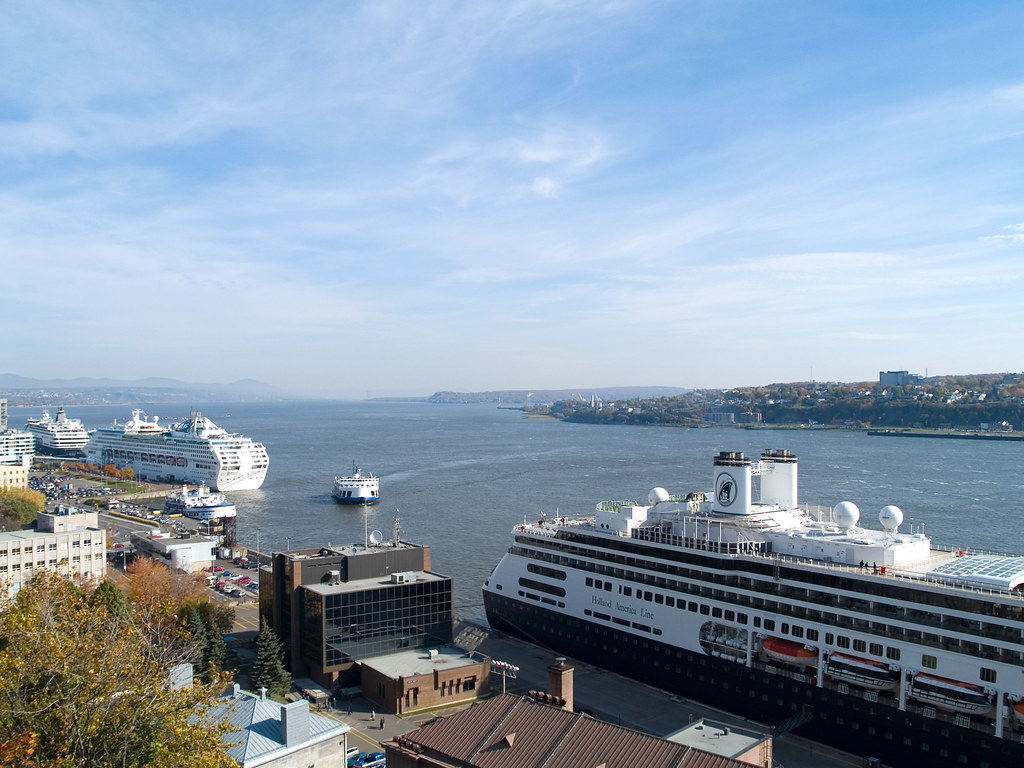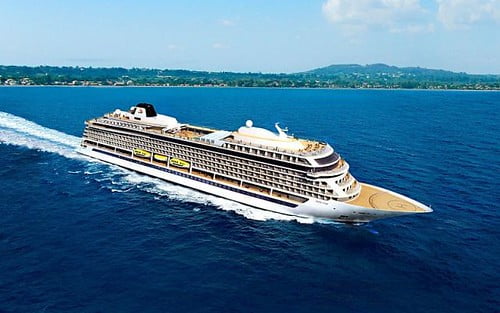The decision by Amsterdam’s city council to ban cruise ships from docking in the city center marks a significant step towards addressing the challenges posed by tourism-related problems and environmental concerns. In an effort to curb pollution and alleviate the strain on infrastructure, this move highlights the city’s commitment to sustainable tourism practices.
Amsterdam, already a popular tourist destination, recognizes the need to strike a balance between welcoming visitors and preserving its cultural heritage. By redirecting cruise ships away from the city center, Amsterdam aims to mitigate the overcrowding issues that have been plaguing other tourist hotspots around the world.

Additionally, this decision also addresses another pressing issue faced by the industry – staffing shortages. With fewer cruise ships docking in Amsterdam’s city center, resources can be better allocated towards ensuring an enhanced experience for those who do visit.
By taking this proactive stance, Amsterdam sets an example for other cities grappling with similar challenges. The move not only demonstrates a commitment to environmental sustainability but also showcases a dedication to maintaining the integrity of its historic landmarks and local communities.
The mayor’s complaint highlighted the fact that cruise ship passengers were only given a few hours to explore the city before being called back on board. This limited interaction deprived visitors of truly immersing themselves in Amsterdam’s rich heritage and unique experiences.
By implementing this ban, Amsterdam aims to prioritize quality over quantity when it comes to tourism. The city recognizes that true appreciation and understanding of its charm cannot be achieved within a fleeting visit. Instead, Amsterdam wants visitors to spend more time exploring its hidden gems, engaging with locals, and contributing positively to the local economy.
This decision not only reflects a commitment to preserving Amsterdam’s cultural integrity but also serves as an example for other destinations grappling with over-tourism. It emphasizes the importance of sustainable tourism practices that prioritize meaningful experiences over mass tourism.
While some may view this ban as a setback for cruise ship operators, it presents an opportunity for them to explore alternative routes and destinations that align with sustainable tourism practices. Ultimately, this decision serves as a catalyst for positive change within the industry as it encourages stakeholders to prioritize responsible travel and find innovative solutions that benefit both tourists and host communities alike.


